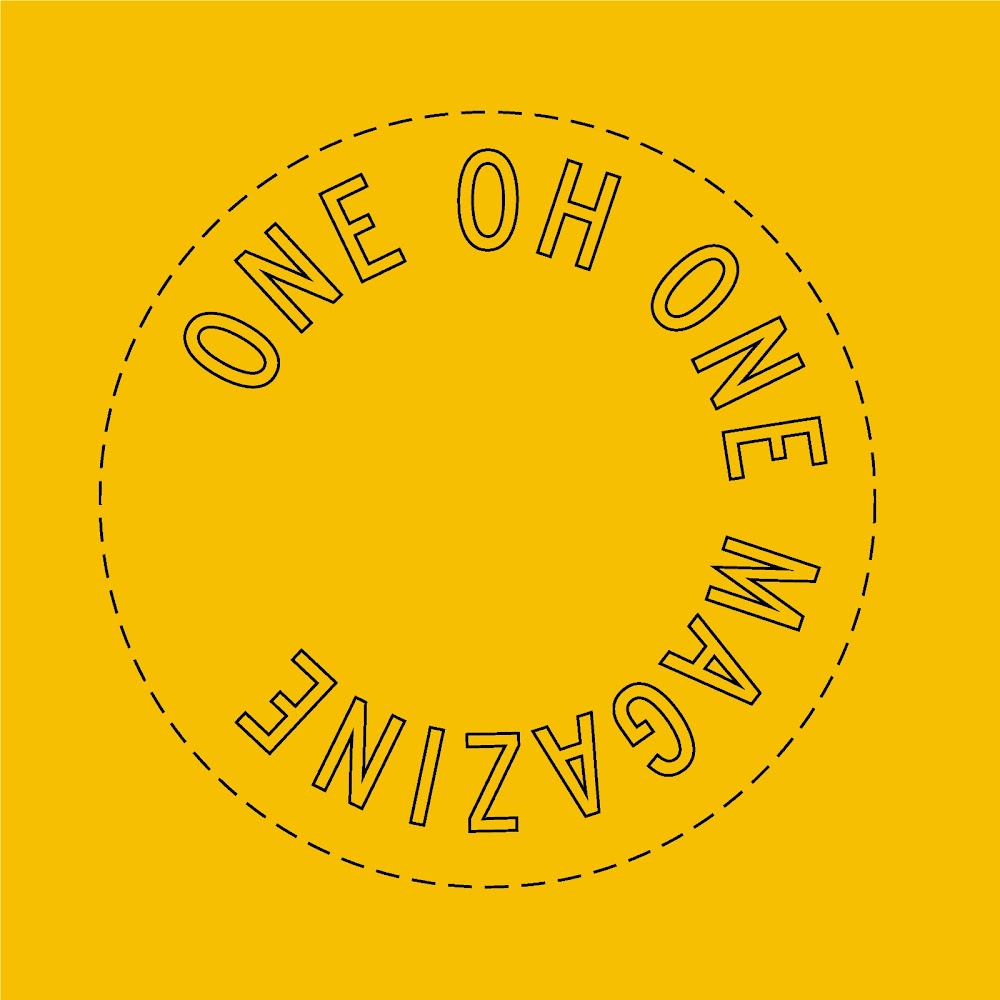Written by: Erin, English (BA) graduate
There are many reasons that our generation have become pros at self-comparison, and I believe the main one is our collective reliance on technology. Thanks to the endless features offered by apps such as Facebook, Instagram and Twitter, it has become almost impossible not to remain in a constant state of awareness of exactly where your friends are, what they’re doing and how fun it looks. We’re more connected than ever, which has proven indispensable as we tackle Covid-19 measures and endless social distancing. Yet, an unfavourable result of this limitless connectivity is the ease at which we can now compare our lives to those around us. Effortless past time or not, it’s undoubtable that if you’re feeling low, scrolling through your news feed isn’t often the mood-boost you’re in need of. What’s more, we often forget that everything posted there has been edited specifically to paint its subjects in the most positive light, making any comparisons all the more damaging to our confidence.
As a recent graduate myself, I feel as though this has become a more significant problem since leaving university. Most of my fellow grad friends have headed in separate directions, moving to other parts of the country (or even other parts of the world), meaning that social media has become one of the only means of communication that we can maintain. As a result, it has become almost customary to obsess over how differently others’ lives seem to be panning out. Personally, after such a multitude of time spent in education, measuring myself against other members of my cohort is practically second nature. Graduating into a global pandemic, mass unemployment and resultantly, a lot of confusion and stress, has highlighted how this method of easy comparison between myself and fellow students is both an impossible and futile task. Yet, although I know I have achieved great things, social media encourages me to continue this practice; I often find myself concerned with what others appear to be achieving, or how much fun they appear to be having. Ultimately, relying on social media as my main reference point for how well I’m doing has most definitely led to difficulties with my self-esteem and self-worth.
So, what can we do to prevent social media’s stimulation of self-comparison? I’m not going to suggest detoxing altogether. Having an online presence is inevitable nowadays, and the achievements of others can be inspiring. However, it is key to be mindful of our social media use, and the impact it might be having on our mental health, remembering that our worth is not dependent on how we relate to others. Setting and celebrating personal goals is a much worthier use of your time than lamenting upon your friend’s Instagram feed, and provides a much healthier source of self-esteem than tracking likes and comments. Furthermore, even though it can be impossible (especially at the moment) to reduce the time you spend online, maintaining a sense of what is real and what is manufactured is crucial if you want to use social media in a healthy way.
Social media is simultaneously the best and worth thing that’s happened to our generation. To prevent its burnout, it’s essential we begin to utilise it in the healthiest way possible and stop the self-comparison!






Social Icons